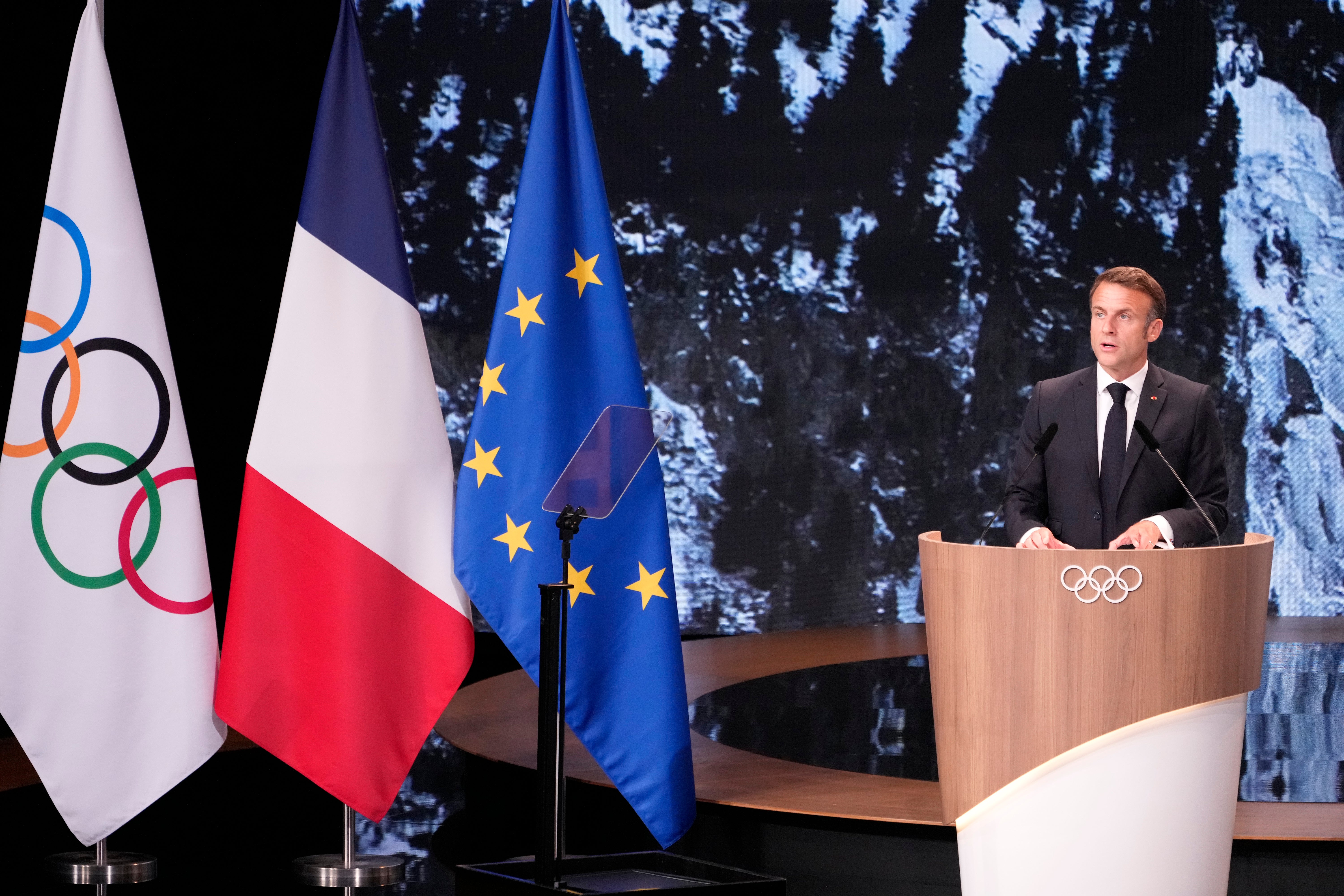Opponents of the 2030 Winter Olympics and Paralympics in France have initiated legal action, demanding a public debate on the Games planned for the French Alps.
A citizens' group, Collectif Citoyen JOP 2030, joined in its action by some regional elected officials, MPs, and civil society groups, has filed cases before the administrative courts of Paris, Lyon, and Marseille.
Their action aims "to defend citizens’ right to information and to obtain the organisation of a genuine public debate."
The French project is centred on Alpine ski resorts and ice-sport venues in Nice, on the Mediterranean coast. The organising committee has set a provisional operational budget of €2 billion, but construction costs, including for a planned ice arena in Nice, will be an additional expense.
The group has denounced the bid as an "environmental aberration" and a "democratic denial."
"We are taking legal action so that citizens can finally make their voices heard," the group said and claimed that residents directly affected by the event were not consulted during the decision-making process — a violation, they argued, of democratic rights.

According to the group, hosting the Games would have serious environmental consequences, particularly for water resources and fragile mountain ecosystems already weakened by climate change, contrary to the landmark Paris climate agreement.
The pact is aimed at limiting long-term global warming to 2.7 degrees Fahrenheit (1.5 degrees Celsius) above pre-industrial levels or, failing that, keeping temperatures at least well below 3.6 degrees Fahrenheit (2 degrees Celsius) above pre-industrial levels.
The French bid was quickly assembled in 2023 and approved by the International Olympic Committee last July on the eve of a successful Summer Games in Paris.
The IOC granted an exceptional delay to secure guarantees from the French government as the 2030 Winter Games are on the tightest of time scales with just five-and-a-half years between the hosting award and the opening ceremony.
The project is led by Edgar Grospiron, a freestyle skiing gold medalist in 1992 when France last hosted the Winter Games and a late hire as president of the organising committee.

The citizens' group criticised the Games’ financial burden with France's public finances in turmoil.
“At a time when public services are being cut, this is yet another financial waste, estimated at over €2.5 billion in public funds for the entire Games, imposed on us without any opportunity for debate,” it said.
“These colossal sums are unlikely to benefit mountain residents or populations who truly need them, while they could instead support a real transition for our mountain regions.”
France’s deficit hit 5.8 per cent of gross domestic product last year, way above the official EU target of 3 per cent.
France is also faced with a debt crisis amid deep political uncertainty. At the end of the first quarter of 2025, France’s public debt stood at 3.346 trillion euros, or 114% of GDP.
First migrant deported to France under Starmer’s one-in one-out deal
Brigitte Macron’s court battle against a right-wing conspiracy theory
First migrant flown back to France in UK's 'one in, one out' policy to curb unauthorized migration
Trump says he thought war in Ukraine would be ‘easy to solve’ but Putin ‘let me down’
Ukraine-Russia war latest: Trump says conflict could lead to world war
The man trying to break a world record in an Italian supercar on top of a boat







